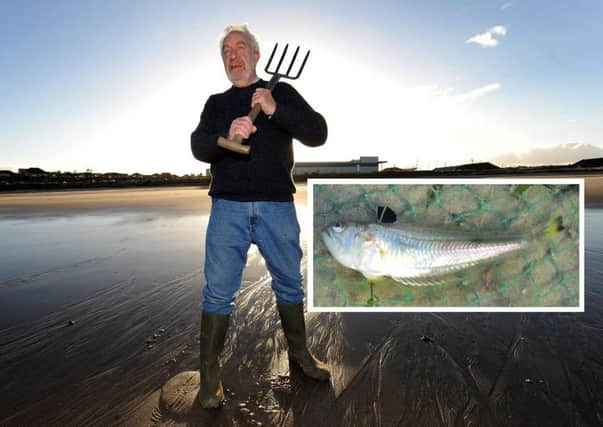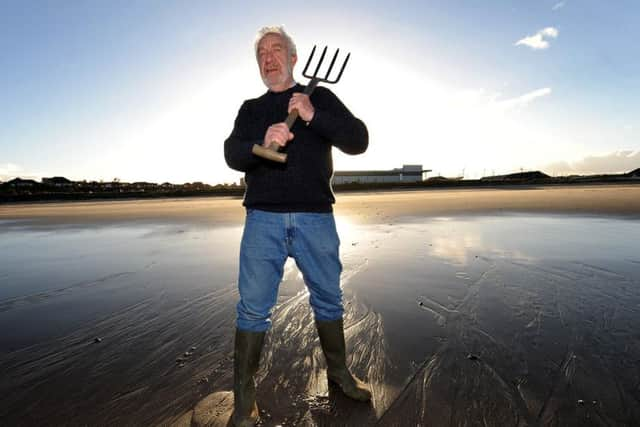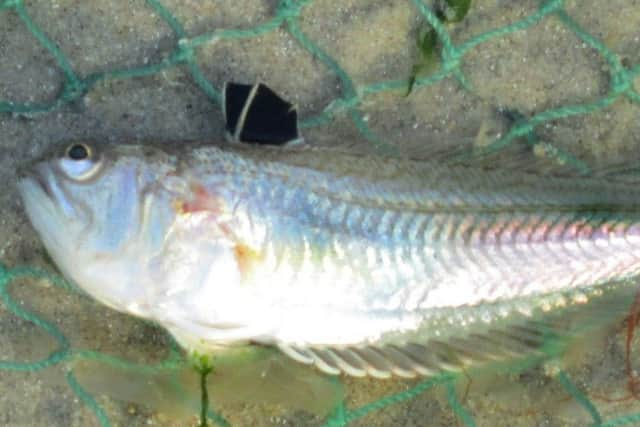Hidden danger of poisonous fish on Fife beaches


The poisonous fish is found in coastal waters around the UK, sometimes lying in the sand above the water line, hidden on the beach while it’s venomous spines stick upward.
And while the small 10cm fish may look harmless, touching it can have very serious and painful consequences.
Advertisement
Hide AdAdvertisement
Hide AdFisherman Bill Thorburn (66) knows better than most about the agony weevers can cause, after he was stung on the arm when he accidentally picked one up.


The resulting pain and swelling was so severe that he went immediately to the hospital, where he was told by medics that he could have had a heart attack.
Now he is concerned that children and pets could be at risk after seeing a rise in the number of weevers on Fife’s beaches.
“Most fishermen know about them, but other folk probably don’t.
Advertisement
Hide AdAdvertisement
Hide Ad“When I’m out digging for worms, I might see maybe two of them a year, but this year I’ve seen five and it’s not even summer.


“I want to warn people about it, as they are horrible little things. They look like nice enough wee things, but they are quite dangerous.
“I wouldn’t want to think about a child being stung. Kids should have flip flips on the beach just to be safe. Some dogs have been stug too, it can be quite serious.”
And Bill can remember all too well just how much pain they can cause.
Advertisement
Hide AdAdvertisement
Hide Ad“I was stung about two years ago. I picked it up thinking it was a sand eel and it stung me.


“It was excruciating. I’ve been stung by a lion jellyfish, and it was nothing compared to a weever.
“My arm swelled right up and I knew quite quickly that I would need to go to the hospital.
“They told me that it could have caused a heart attack so I was quite lucky.”
Advertisement
Hide AdAdvertisement
Hide AdThe sandy-coloured weaver looks like any other fish, but has a distinctive set of black spines just above its head.


In an emergency situation, some victims have attempted to neutralise the venom using very hot water – as hot as you can stand it without being scalded.
Fife Coastal Ranger Ranald Strachan said that anyone concerned over a reaction to a weever sting should seek medical attention.
“It is one of the most poisonous fish in the UK,” he said.
“It’s best to wear flip flops or water shoes.
“If anyone is stung, go straight to the nearest water safety team, and let the Coastal Rangers know – this can help us build up a bigger picture about numbers of the weevers in the area.